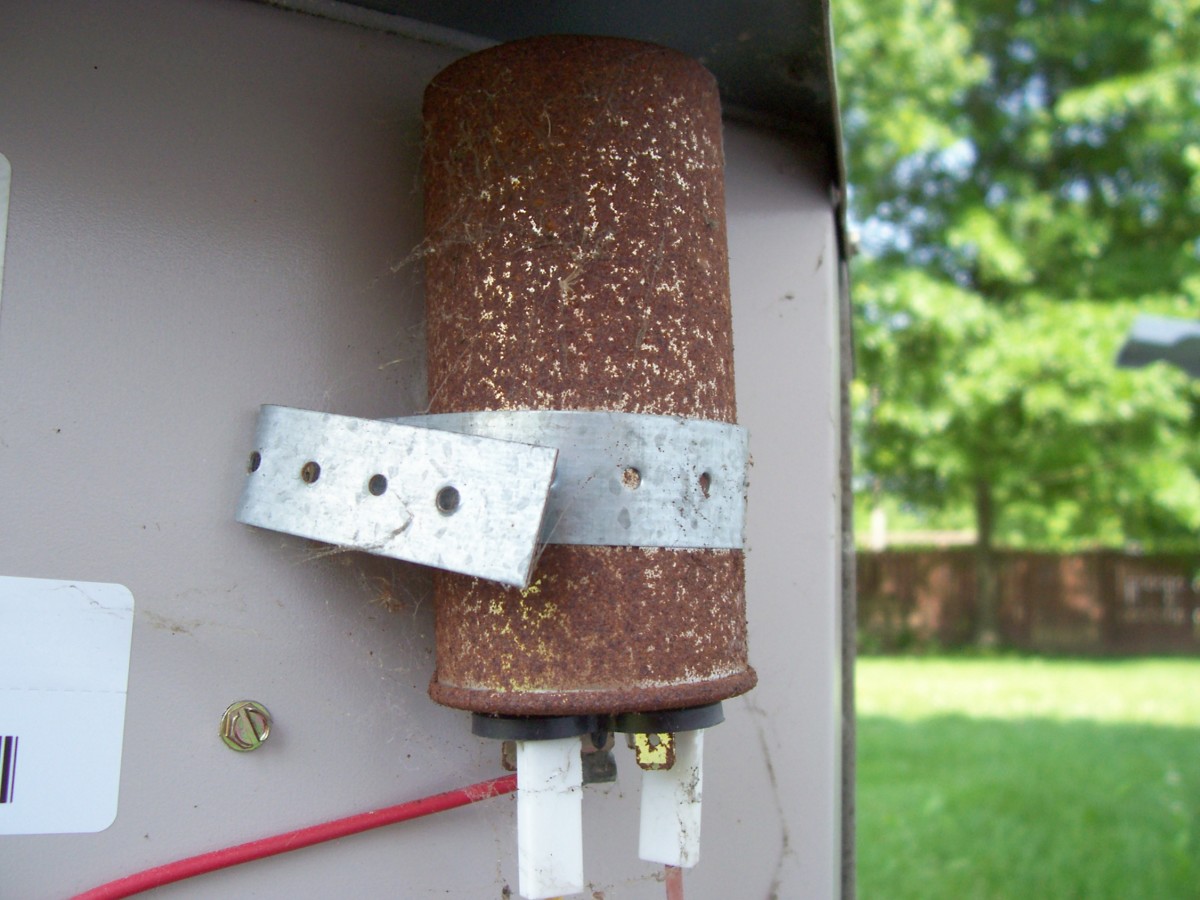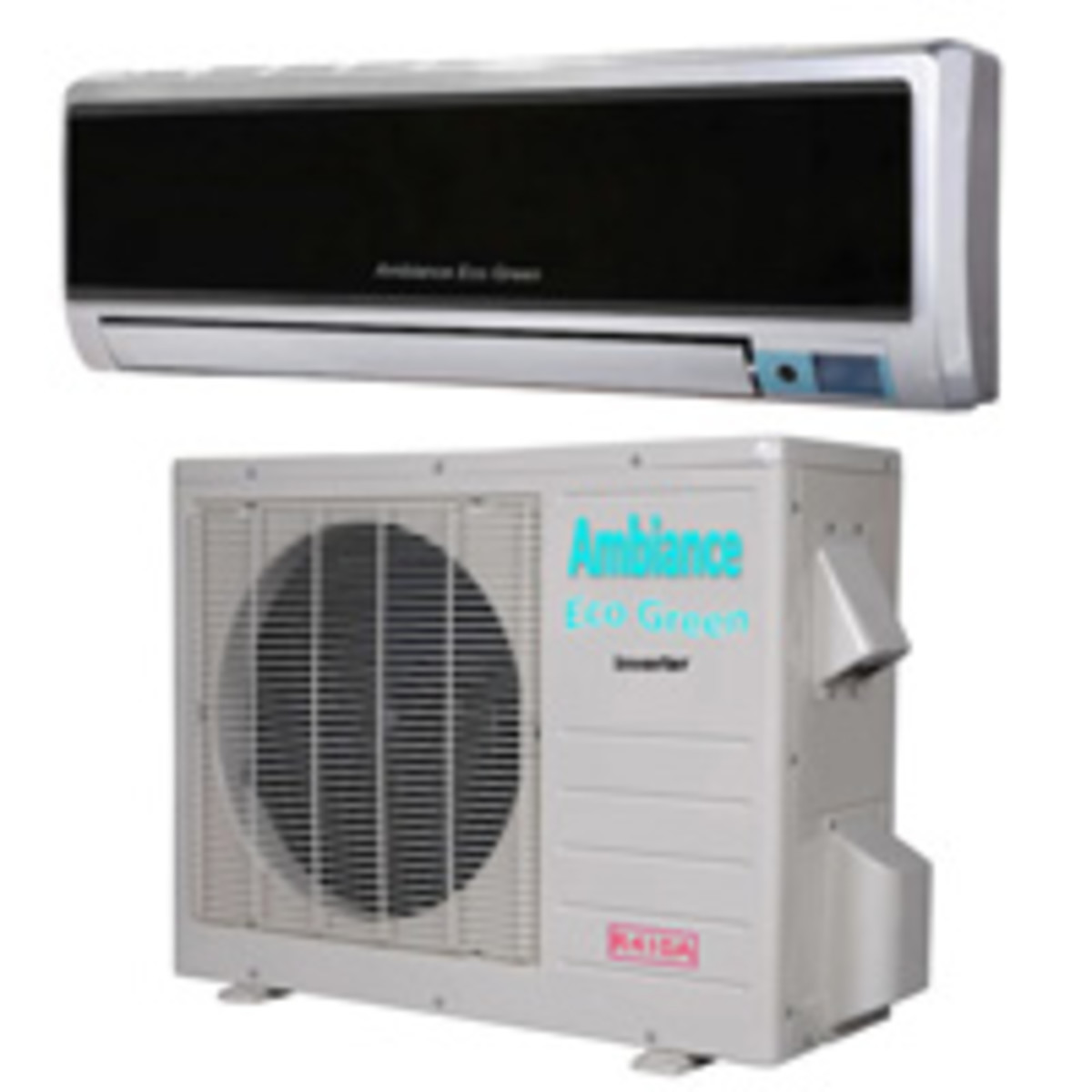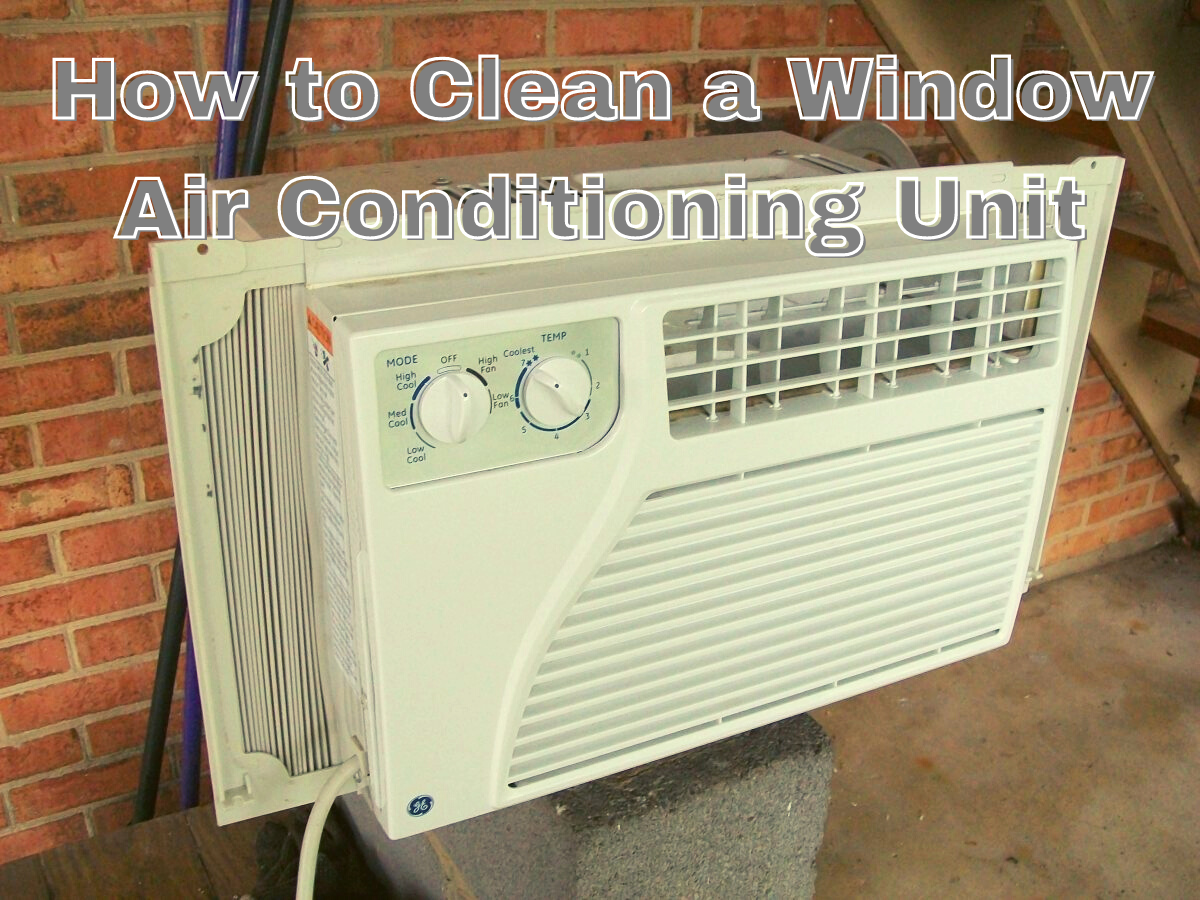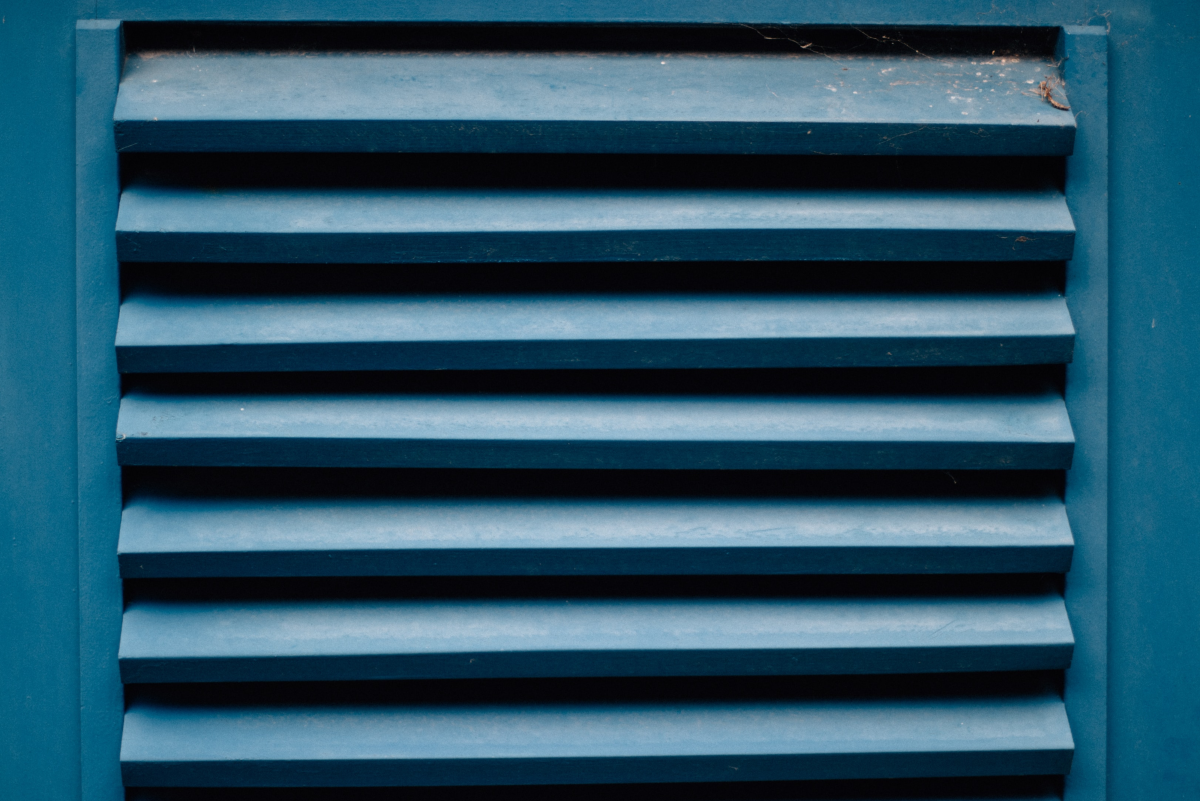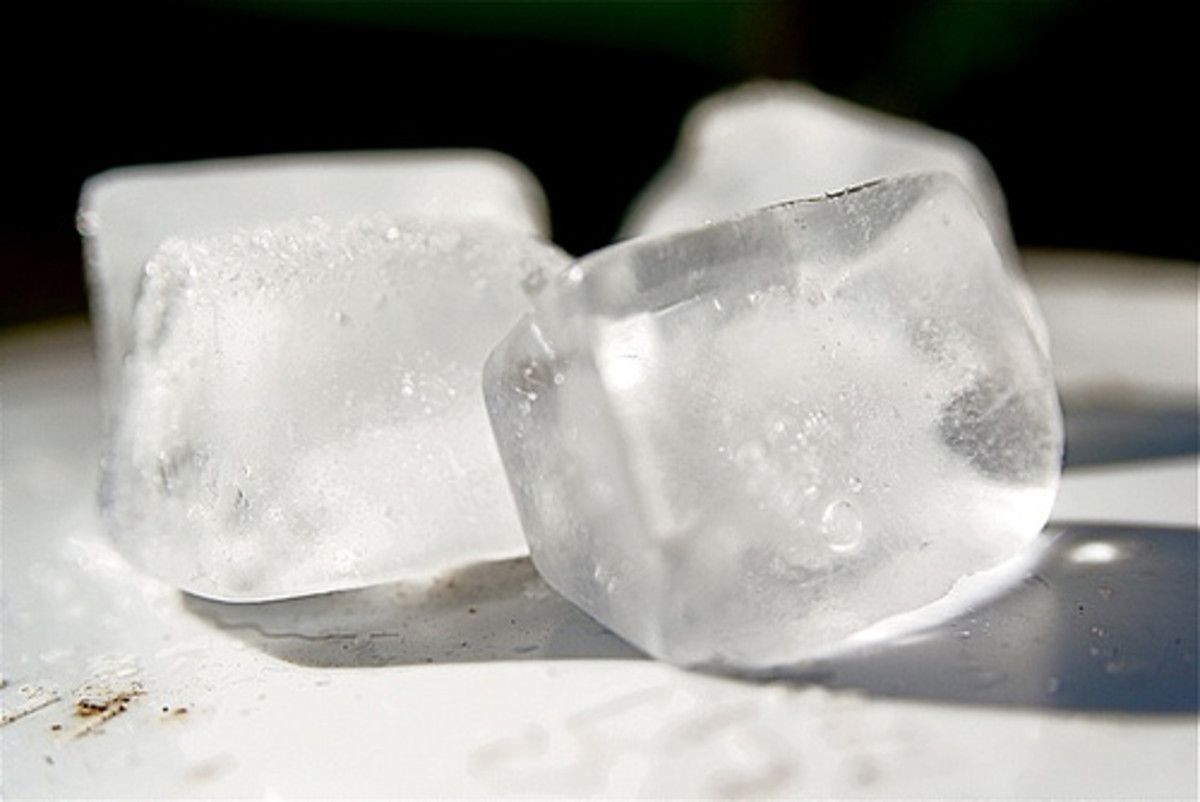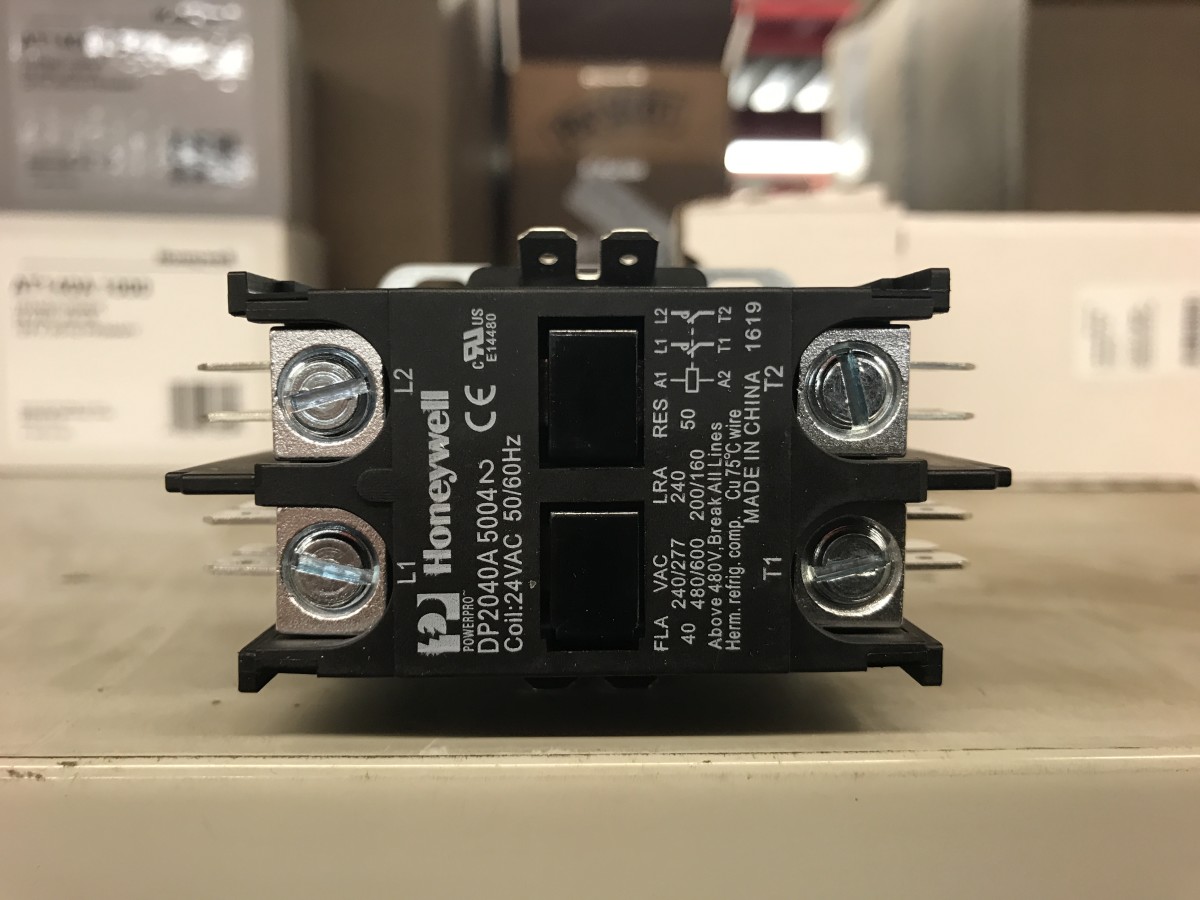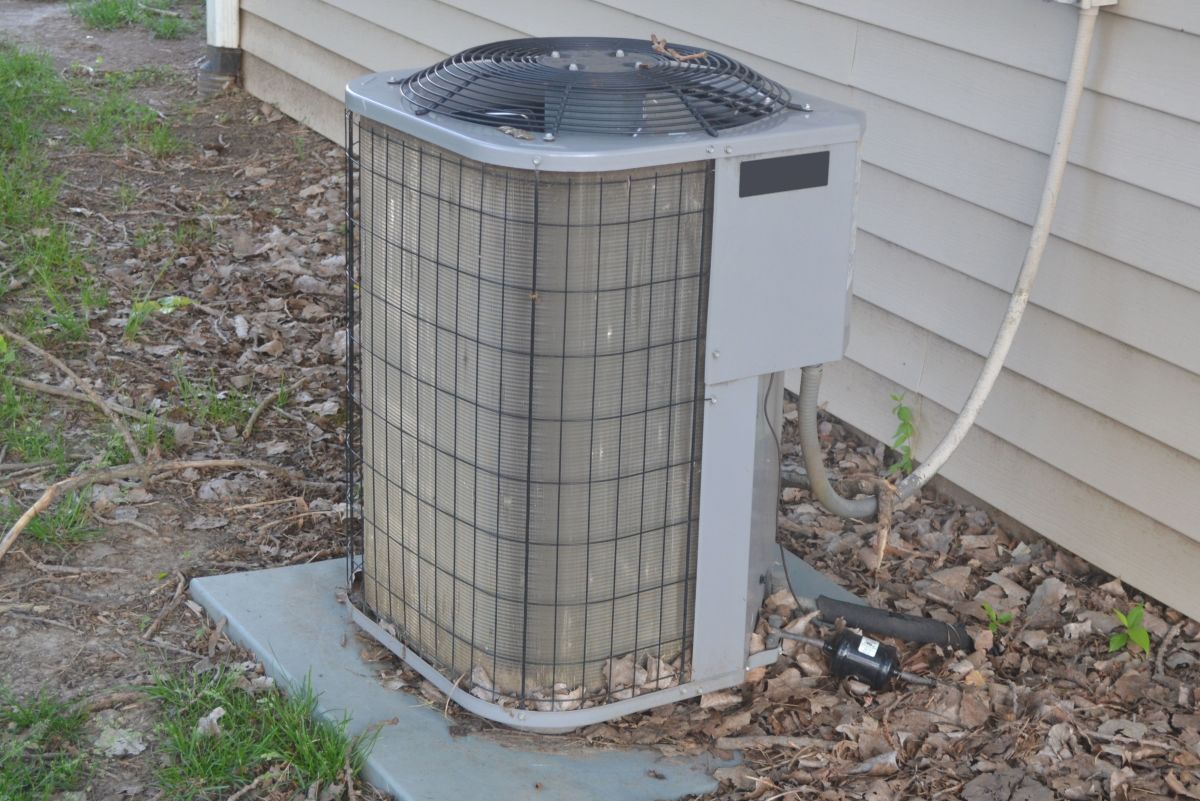Commonly Asked Heating and Air Conditioning Questions
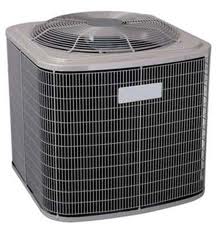
Heating and air conditioning is something most people are familiar with, but don’t understand. This causes people to have tons of questions about their heating and cooling systems. If you have a question about your homes heating and cooling units, contact your local air conditioner repair person.
My home fan runs all the time, even if the temperature is fine. What’s wrong with my unit?
The problem is actually not with the unit, but with the settings that the user has it on. Typically, the problem is that the user has their thermostat set to “On”, instead of “Auto”. Having the system on “On” will mean that the fan will continuously run, where “Auto” will only have the fan run when needed.
So what should I leave my fan on? Are there advantages to this?
Actually, there are advantages to leaving your fan on all the time. One of the advantages is that when the fan is running constantly, air is being circulated constantly. Secondly, because that air is being circulated constantly, the entire homes temperature is more even. The disadvantage to running it constantly is that it can actually make a home feel too humid. If this happens, or if you live in a very humid climate, it’s probably best to use the “Auto” setting. Additionally, another drawback to the fan running constantly is the power that it will consume. While the fan running will not consume a lot of energy, if you’re trying to cut back, or pinch pennies, having the fan run all the time will just waste money.
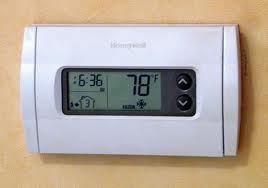
What about those programmable thermostats? Should I get one?
Yes, you should. The reason is very simple. Programmable thermostats allow the unit to run more efficiently, and are more accurate at telling the temperature, than the older, mercury thermostats. In addition, the new units are mercury free, meaning one less health hazard you will have to worry about. Programmable thermostats keep the temperature at what you want when your home, and are programmed to change the temperature while your typically away from home. It then returns the temperature back to what you like, for when you get home. This means the system runs less when your away, saving you money! If you’re on a regular schedule, like most people, a programmable thermostat is right for your home.
Will a new unit help lower my electric and gas bill?
The simple answer is yes, typically, installing a new high efficiency unit will lower your utility bills. If your current unit is old, or has a SEER under 13, and you install one that has a SEER of at least 13 (the national minimum required by law for new units), you could see savings of as much as 50%, or even more in some cases. Using one that is very high efficiency will save you even more. The same goes with gas furnaces. Today’s new furnaces are on average, 30-40% more efficient than past models. This means serious savings for you.
But what is SEER?
Seasonal Energy Efficiency Ratio, or SEER, is how efficiency is rated in units. Think of it like the MPG for cars. The higher the SEER rating, the more efficient the unit, and the lower the utility costs to operate the unit.
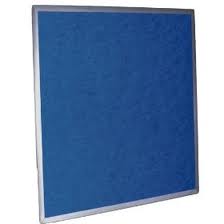
Some of the rooms in my home are hotter (or colder) than the other rooms in my home. Is there any way to make the temperature even in all the rooms?
Yes, there is. Typically, this is an airflow problem, and is actually easy to fix. First, you should check to make sure that all vents are open, and are not blocked by anything. This is very common for homes that have air vents on the floor. Next, you’re going to want to check your unit’s air filter. A dirty air filter can block air flow, causing temperature differences in different rooms. Occasionally, it’s due to duct work coming undone. This is harder to identify, because much of a home’s ducts are concealed either in the walls, in the attic, or under the home. Calling in a professional air conditioner repair person can help you identify where the problem is, and help fix it.
So I just purchased a new heating and cooling system. How long should the unit last?
Typically, furnaces and air conditioner units have a service life of anywhere from 10-20+ years. This doesn’t mean that you should wait till your unit dies to get a new one. If you happen to have a unit that is older (say 8 years old), it might actually be more cost effective to replace the unit now, then to wait another 12 years till it finally quits. This is because the units on today’s markets are so much better than the units just a few years ago. There has been a lot of breakthroughs, and the units are even more efficient than they were just a few years back. This means that you could actually save money down the road by replacing a unit, than keeping it. In order to maximize efficiency, and prolong life expectancy, make sure to have your unit serviced regularly, and keep it clean and maintained.


